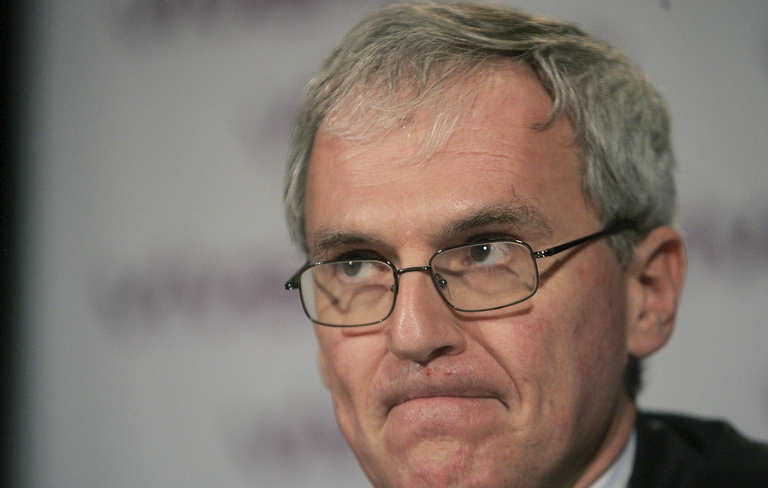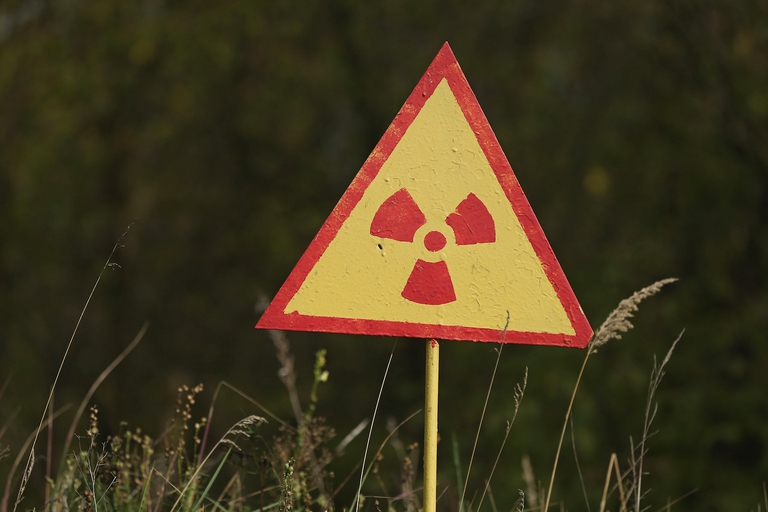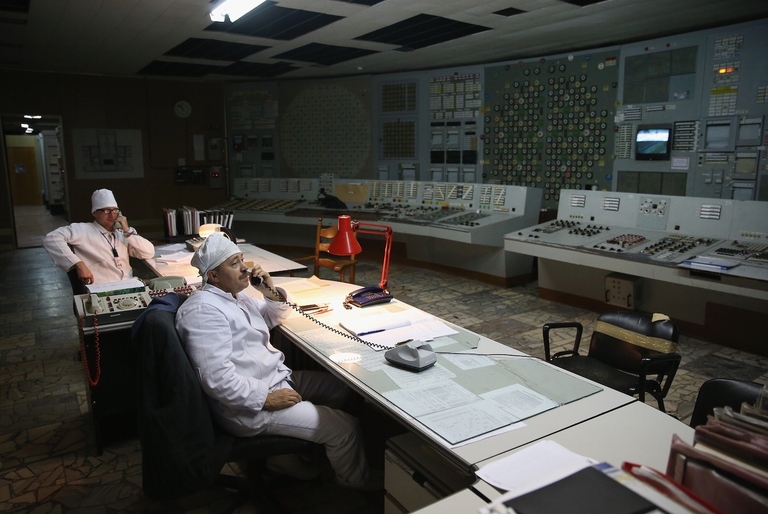
South African court dismisses a major lawsuit by 140,000 Zambian women and children against Anglo American for Kabwe lead poisoning. A setback for affected communities enduring the lasting impact of lead contamination.
Uno studio realizzato per conto di alcune associazioni francesi smentisce l’idea che le centrali nucleari non producano CO2.
“As of 2028 or 2030, we will start to install new generation nuclear reactors, Epr NM, in France. These reactors, as of 2050-2055, will replace all current nuclear power stations: we will have 30, 35, maybe 40 reactors available”. And, by doing this, it will be possible to save the environment, as more energy will be produced whilst no CO2 will be emitted. This is what Jean-Bernard Lévy, CEO of the giant EDF, has affirmed on 23 October.
These statements, alongside raising a wave of criticism in France, have triggered the interventions of numerous NGOs, from the network Sortir du nucléaire a Réseau Action Climat, to France Nature Environnement and Greenpeace. The associations have published a study realised on their behalf by the independent research centre Wise-Paris, which conclusions are definitely clear: “The nuclear industry systematically overrates the role of the atom in the fight against greenhouse gas emissions. Firstly, it wrongly states it has – more or less – zero emissions. Secondly, in its calculations it always images that nuclear reactors will be built in place of thermal power station powered by fossil fuels”.
The report acknowledges that nuclear power (like solar and wind power) does not emit CO2 in the energy production process. However, it does it indirectly, if the entire cycle is taken into consideration. Particularly, the most hazardous emissions are caused by uranium extraction, fuel production, construction sites, as well as sites’ dismantlement. According to the study, considering all these factors, the benefits in terms of greenhouse gases significantly drop.
In particular, to date, nuclear power allows saving 1.5 billion tonnes of CO2 emissions worldwide. Such figure could seem particularly high, but it actually represents less than 4% of the total. France, where 80% of energy is derived from atoms, registered a decrease in emissions due to nuclear power of only 15%: pollution is still 4 times higher than levels compatible with environmental safeguard.
Therefore, according to the NGOs, the advantages are less substantial than declared by nuclear giants. If countries invest in the construction of new reactors, considering the limited contribution in terms of CO2, they should take the risks of accidents, military proliferation, and all problems linked to radioactive waste accumulation. Not to talk about the (high) costs needed to build next generation nuclear reactors.
Siamo anche su WhatsApp. Segui il canale ufficiale LifeGate per restare aggiornata, aggiornato sulle ultime notizie e sulle nostre attività.
![]()
Quest'opera è distribuita con Licenza Creative Commons Attribuzione - Non commerciale - Non opere derivate 4.0 Internazionale.
South African court dismisses a major lawsuit by 140,000 Zambian women and children against Anglo American for Kabwe lead poisoning. A setback for affected communities enduring the lasting impact of lead contamination.
Controversial African land deals by Blue Carbon face skepticism regarding their environmental impact and doubts about the company’s track record, raising concerns about potential divergence from authentic environmental initiatives.
Majuli, the world’s largest river island in Assam State of India is quickly disappearing into the Brahmaputra river due to soil erosion.
Food imported into the EU aren’t subject to the same production standards as European food. The introduction of mirror clauses would ensure reciprocity while also encouraging the agroecological transition.
Sikkim is a hilly State in north-east India. Surrounded by villages that attracts outsiders thanks to its soothing calmness and natural beauty.
Sikkim, one of the smallest states in India has made it mandatory for new mothers to plant saplings and protect them like their children to save environment
Chilekwa Mumba is a Zambian is an environmental activist and community organizer. He is known for having organized a successful lawsuit against UK-based mining companies.
What led to the Fukushima water release, and what are the impacts of one of the most controversial decisions of the post-nuclear disaster clean-up effort?
Nzambi Matee is a Kenyan engineer who produces sustainable low-cost construction materials made of recycled plastic waste with the aim of addressing plastic pollution and affordable housing.










